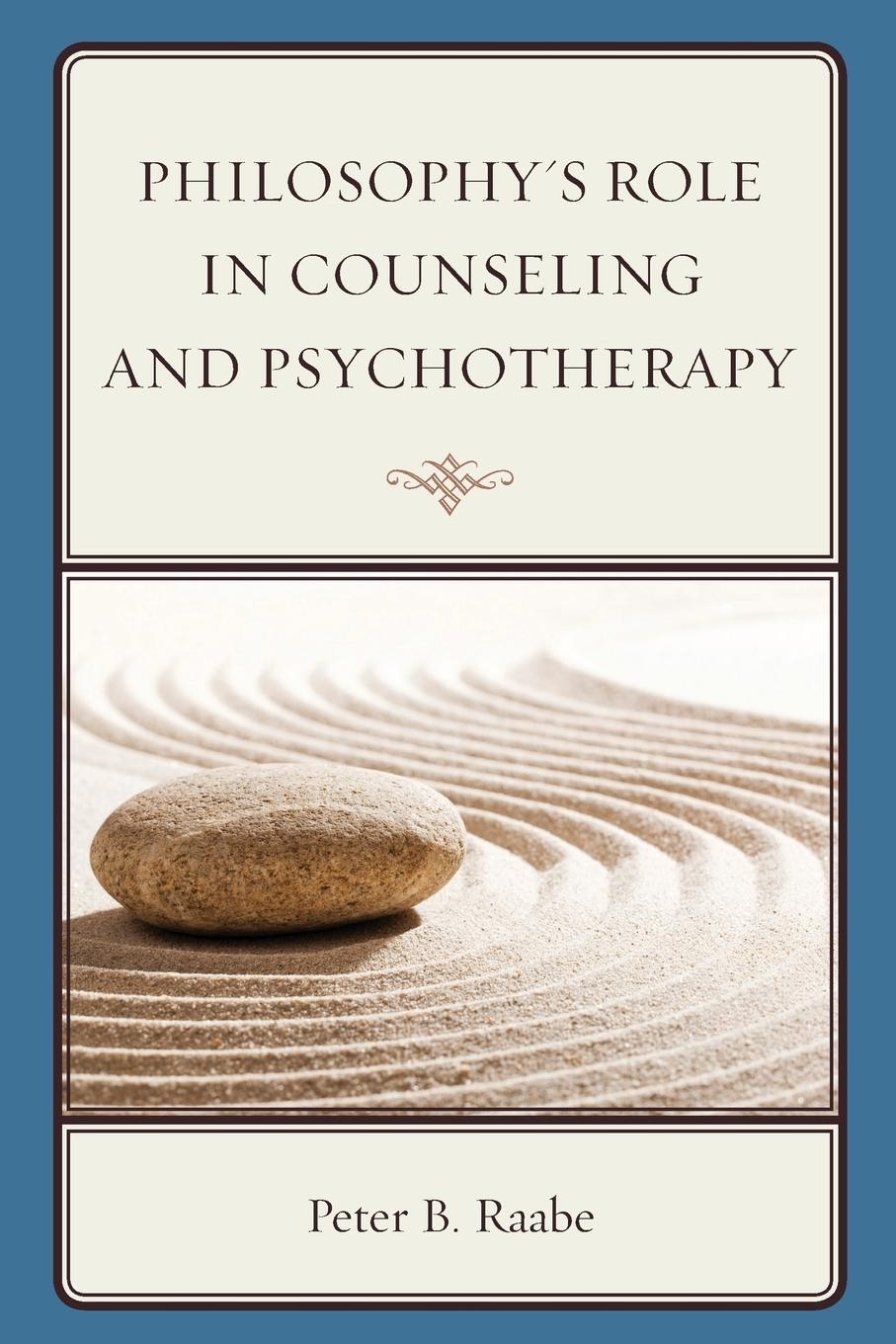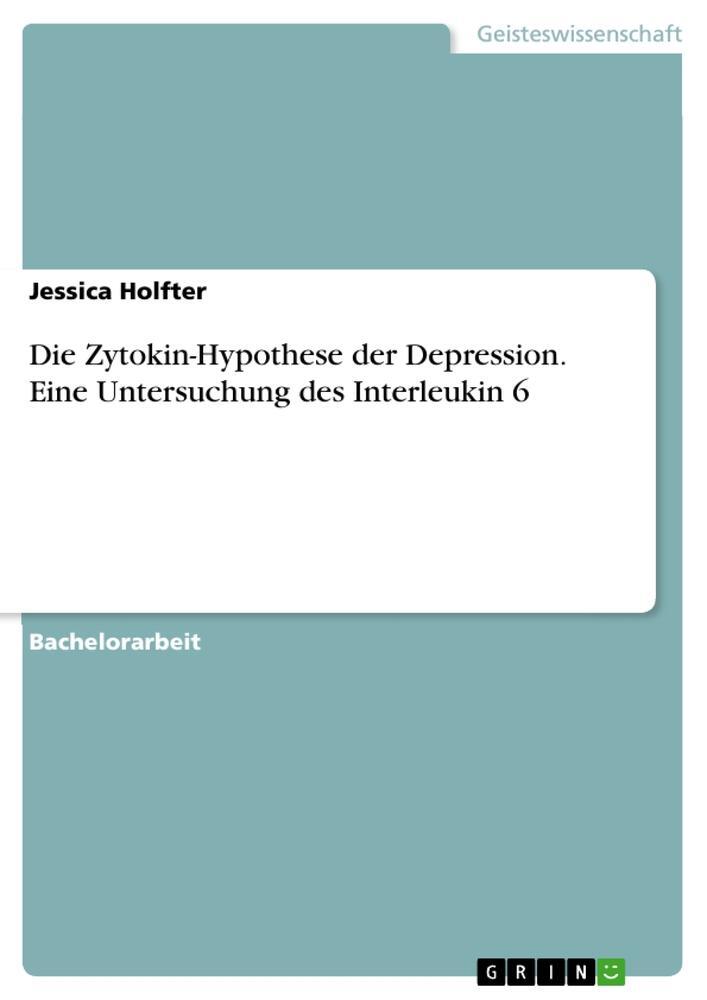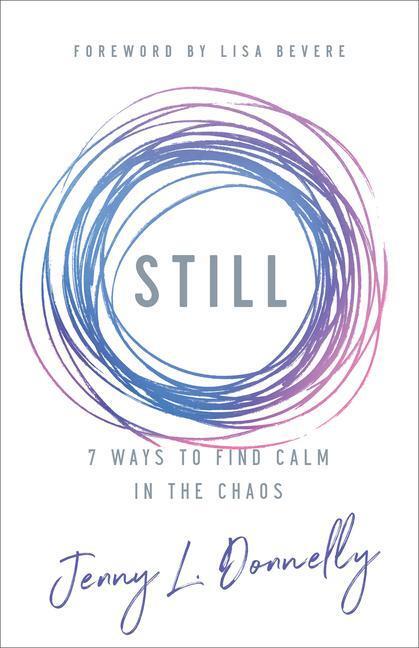Dekorationsartikel gehören nicht zum Leistungsumfang.
Sprache:
Englisch
75,20 €*
Versandkostenfrei per Post / DHL
Aktuell nicht verfügbar
Kategorien:
Beschreibung
In Philosophy's Role in Counseling and Psychotherapy, Peter Raabe argues that philosophy is an effective method in treating mental illness. Calling for a paradigm shift away from the standard belief that the brain and mind are identical Raabe argues that so-called "mental illnesses" such as depression and schizophrenia are not the actual causes of psychological misery. Instead, they are just labels for symptoms. For example, the word "depression" is merely a label attached to a collection of symptoms such as sadness, hopelessness, and low self-esteem. Raabe posits that distressing or painful life events can cause symptoms that are often clinically labeled as the mental illness of depression. The suffering brought on by painful life events can often be alleviated with helpful discussions, and without resorting to medications. Because philosophy is the foremost form of discussion, it means that the suffering that is labeled mental illness can be treated and even cured with philosophy. Raabe ultimately concludes that philosophy is beneficial in three ways: it can prevent the onset of a so-called mental illness in the person who studies it, it can be used to help individuals suffering from the distress that is labeled "mental illness," and it will enhance the competence of the counselor or therapist who practices it.
In Philosophy's Role in Counseling and Psychotherapy, Peter Raabe argues that philosophy is an effective method in treating mental illness. Calling for a paradigm shift away from the standard belief that the brain and mind are identical Raabe argues that so-called "mental illnesses" such as depression and schizophrenia are not the actual causes of psychological misery. Instead, they are just labels for symptoms. For example, the word "depression" is merely a label attached to a collection of symptoms such as sadness, hopelessness, and low self-esteem. Raabe posits that distressing or painful life events can cause symptoms that are often clinically labeled as the mental illness of depression. The suffering brought on by painful life events can often be alleviated with helpful discussions, and without resorting to medications. Because philosophy is the foremost form of discussion, it means that the suffering that is labeled mental illness can be treated and even cured with philosophy. Raabe ultimately concludes that philosophy is beneficial in three ways: it can prevent the onset of a so-called mental illness in the person who studies it, it can be used to help individuals suffering from the distress that is labeled "mental illness," and it will enhance the competence of the counselor or therapist who practices it.
Über den Autor
By Peter Raabe
Inhaltsverzeichnis
Acknowledgments
Introduction
Part I: Psychotherapy at the Start of the 21st Century
Chapter 1: Problematic Paradigms
Chapter 2: Problematic Practices
Chapter 3: Contemporary Modality
Part II: Philosophy as Therapy
Chapter 4: Past Precedence
Chapter 5: The Clinic's Appropriation of Philosophy
Chapter 6: Psycho-therapeutic Philosophy in Psychotherapy
Chapter 7: Preventive (Prophylactic) Philosophy
Part III: Application
Chapter 8: An Education Plan
Chapter 9: Teaching 'Sanity'
Chapter 10: Three Case Studies
Chapter 11: Recovery, Cure, and Philosophy
Appendix: Oppositional Defiant Disorder (ODD)
Bibliography
Introduction
Part I: Psychotherapy at the Start of the 21st Century
Chapter 1: Problematic Paradigms
Chapter 2: Problematic Practices
Chapter 3: Contemporary Modality
Part II: Philosophy as Therapy
Chapter 4: Past Precedence
Chapter 5: The Clinic's Appropriation of Philosophy
Chapter 6: Psycho-therapeutic Philosophy in Psychotherapy
Chapter 7: Preventive (Prophylactic) Philosophy
Part III: Application
Chapter 8: An Education Plan
Chapter 9: Teaching 'Sanity'
Chapter 10: Three Case Studies
Chapter 11: Recovery, Cure, and Philosophy
Appendix: Oppositional Defiant Disorder (ODD)
Bibliography
Details
| Erscheinungsjahr: | 2015 |
|---|---|
| Fachbereich: | Allgemeines |
| Genre: | Psychologie |
| Rubrik: | Geisteswissenschaften |
| Thema: | Lexika |
| Medium: | Taschenbuch |
| Seiten: | 418 |
| ISBN-13: | 9781442250857 |
| ISBN-10: | 1442250852 |
| Sprache: | Englisch |
| Ausstattung / Beilage: | Paperback |
| Einband: | Kartoniert / Broschiert |
| Autor: | Raabe, Peter |
| Hersteller: | Rowman & Littlefield Publishers |
| Maße: | 229 x 152 x 25 mm |
| Von/Mit: | Peter Raabe |
| Erscheinungsdatum: | 02.04.2015 |
| Gewicht: | 0,675 kg |
Über den Autor
By Peter Raabe
Inhaltsverzeichnis
Acknowledgments
Introduction
Part I: Psychotherapy at the Start of the 21st Century
Chapter 1: Problematic Paradigms
Chapter 2: Problematic Practices
Chapter 3: Contemporary Modality
Part II: Philosophy as Therapy
Chapter 4: Past Precedence
Chapter 5: The Clinic's Appropriation of Philosophy
Chapter 6: Psycho-therapeutic Philosophy in Psychotherapy
Chapter 7: Preventive (Prophylactic) Philosophy
Part III: Application
Chapter 8: An Education Plan
Chapter 9: Teaching 'Sanity'
Chapter 10: Three Case Studies
Chapter 11: Recovery, Cure, and Philosophy
Appendix: Oppositional Defiant Disorder (ODD)
Bibliography
Introduction
Part I: Psychotherapy at the Start of the 21st Century
Chapter 1: Problematic Paradigms
Chapter 2: Problematic Practices
Chapter 3: Contemporary Modality
Part II: Philosophy as Therapy
Chapter 4: Past Precedence
Chapter 5: The Clinic's Appropriation of Philosophy
Chapter 6: Psycho-therapeutic Philosophy in Psychotherapy
Chapter 7: Preventive (Prophylactic) Philosophy
Part III: Application
Chapter 8: An Education Plan
Chapter 9: Teaching 'Sanity'
Chapter 10: Three Case Studies
Chapter 11: Recovery, Cure, and Philosophy
Appendix: Oppositional Defiant Disorder (ODD)
Bibliography
Details
| Erscheinungsjahr: | 2015 |
|---|---|
| Fachbereich: | Allgemeines |
| Genre: | Psychologie |
| Rubrik: | Geisteswissenschaften |
| Thema: | Lexika |
| Medium: | Taschenbuch |
| Seiten: | 418 |
| ISBN-13: | 9781442250857 |
| ISBN-10: | 1442250852 |
| Sprache: | Englisch |
| Ausstattung / Beilage: | Paperback |
| Einband: | Kartoniert / Broschiert |
| Autor: | Raabe, Peter |
| Hersteller: | Rowman & Littlefield Publishers |
| Maße: | 229 x 152 x 25 mm |
| Von/Mit: | Peter Raabe |
| Erscheinungsdatum: | 02.04.2015 |
| Gewicht: | 0,675 kg |
Warnhinweis











